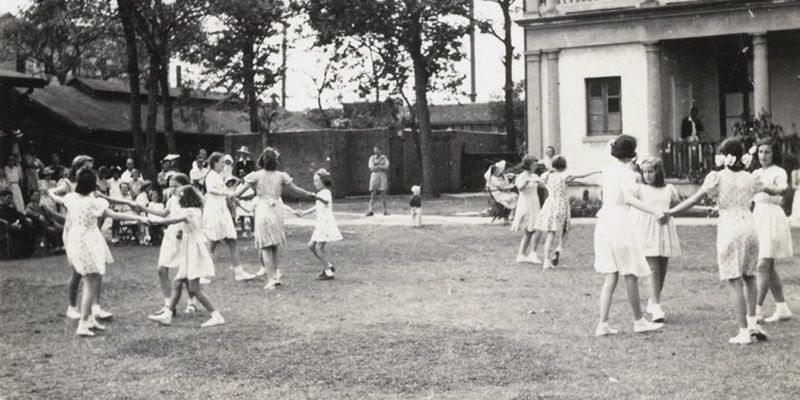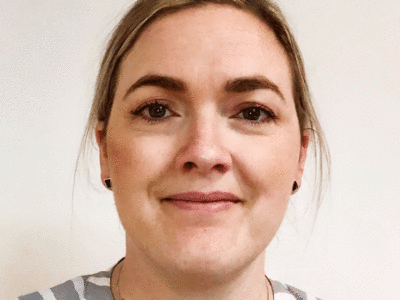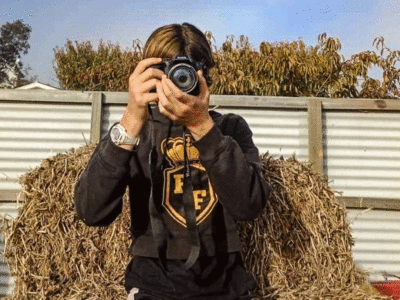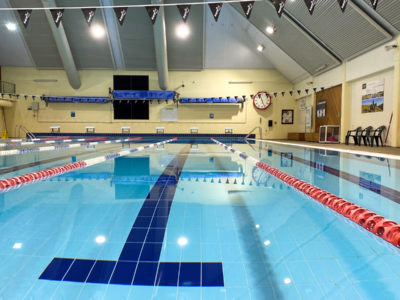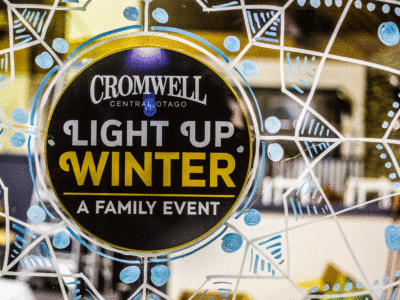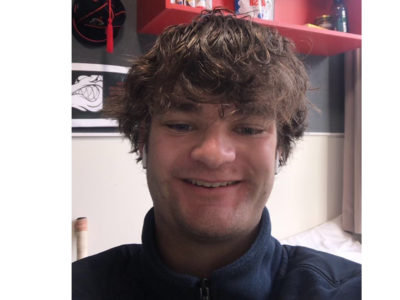This is not my story. It is an extract from a memory of my brother-in-law Quentin Lang, written during the United Kingdom’s covid lockdown, and tells of life in one of the infamous Japanese interment camps of World War 2.
Between 1943 and 1945, when I was aged 7,8,9. I was interned with my father in Shanghai by the Japanese as enemy aliens. Echoes of JG Ballard and ‘Empire of the Sun’, but a lot less exciting.
We were sent to an old army camp on The Great Western Road (now called Yan’an Road). They called it a Civil Assembly Centre; we called it “Ash Camp”.
The place was liable to flooding, so paths were built up a couple of feet with clinker and ash. Dad and I shared a room in a wooden hut.
The first floods were great fun and I can remember poling bamboo rafts around.
Water brought us tadpoles and dragonflies to watch.
We didn’t see much of the Japanese. Half a dozen bored soldiers guarded a few hundred assorted Brits.
Dad vividly remembered a confrontation on a daily inspection (adults standing outside their huts).
The soldier took offence at something and moved to slap Dad’s face.
Dad whipped off his glasses (how would he get replacements?) and the soldier stopped.
Hardly mistreatment. I only had one personal interaction with “the enemy”, as contact was discouraged on both sides.
A soldier gestured for me to follow him into the guardhouse office and spoke at length (in Japanese) in a friendly way.
He then gave me a coloured pencil red at one end and blue at the other.
I still have it. Like most Brits in Shanghai before internment, we ate a largely British diet.
My first food shock in what we called Ash Camp was Congee, a sort of rice porridge – boiled but not strained – tasting quite disgusting – some degrees worse than tapioca.
It was cooked in huge vats in the communal kitchen – they looked rather like orchestral timpani. Later, we young boys discovered that these vats were scraped out periodically resulting in a tasty snack we called “burnt rice”.
The quality of grain was unpredictable so we would dry it on trays in the sun and then pick out the weevils as they emerged.
Children got enough to eat, I think, but not so the adults. Dad – just short of 6ft tall was down to about 7 stone with low blood pressure.
When the war ended, the Americans, God bless them, dropped emergency rations in 40-gallon drums on pretty coloured nylon parachutes.
Quite a lot of teachers were amongst us and after a while they began teaching.
I don’t know how much we learned over the two-and-a-half years in camp, but my formal schooling didn’t restart until I was 10 and back in England.
On the positive side, there were half a dozen boys roughly my age in the camp. I had been rather a solitary child until then and I began the enjoyable process of what might now be called peer socialisation.
Thinking back, I suppose life was normal for us kids, especially as we had no source of knowledge of what it was like elsewhere.
I was aged 9 when the war ended in September 1945. Thinking back, there was anxiety. Would the Japanese army in China, who had done no fighting, accept that they had lost?
And we were near the middle of Shanghai, a city of millions of Chinese who had been oppressed for years, some would say for centuries: how would they react? Who was in charge?
Time passed and there was talk of repatriation, and in March 1946, we docked in Southampton.


